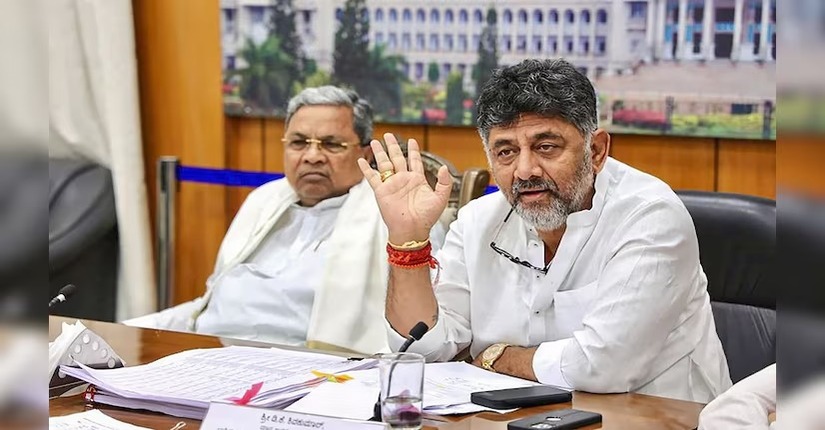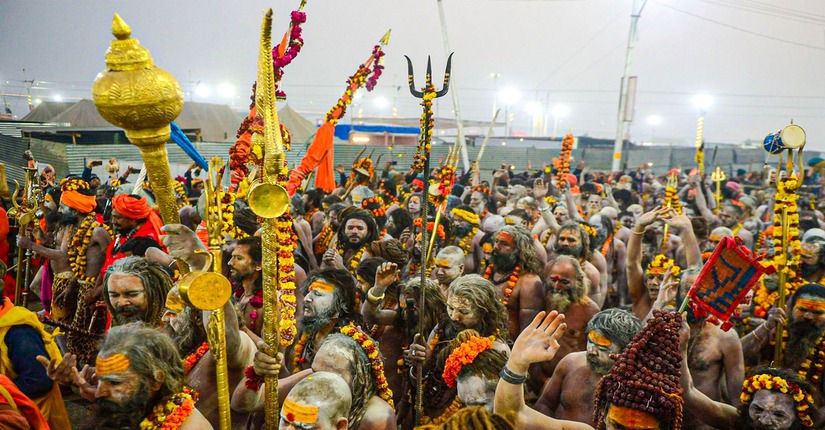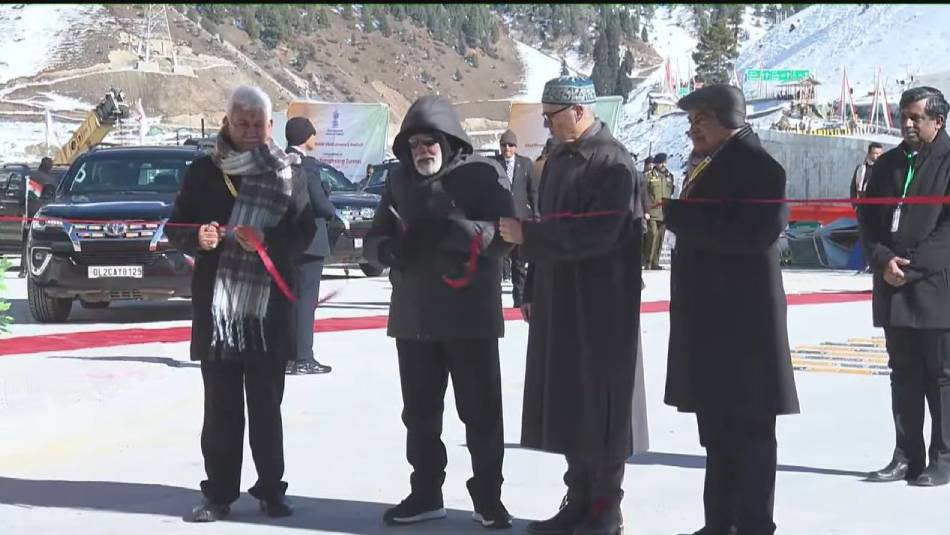The Delhi Municipal Corporation elections have flamed up a public feud between two prominent leaders of Karnataka’s Congress Party: Siddaramaiah and D.K. Shivakumar. Here’s a breakdown of how this internal split could impact the party’s unity and future.
1. Background of the Delhi Municipal Elections
The Delhi Municipal Corporation elections are settling for the Congress Party. As one of the oldest political parties in India, Congress aims to bring back its hold in the national capital, especially with the continuing challenge from the Aam Aadmi Party (AAP) and the Bharatiya Janata Party (BJP). Congress needs the right direction to navigate these high-stakes elections, but internal conflicts are making it impenetrable.
2. The Siddaramaiah-Shivakumar Rivalry
Siddaramaiah, the former Chief Minister of Karnataka, and D.K. Shivakumar, the present Congress President of Karnataka, have been rivals within the party. Their variance has reached a new level, as both men are competing for political supremacy in the state. Their rivalry has spilled over into Delhi’s local elections, intensifying the power struggle.
3. Public Spats and Political Drama
Siddaramaiah has openly condemned Shivakumar’s leadership, while Shivakumar has tossed counter-accusations at Siddaramaiah. These public confrontations, which are not new, are now playing out on a larger stage due to the high visibility of the Delhi elections. The leadership clash has left party workers divided, further complicating matters.
4. Siddaramaiah’s Strategy: Top-Down Leadership
Siddaramaiah’s political approach has always been top-down. He has a history of consolidating power within his camp and pushing for his preferred candidates. As a senior leader, he feels that his influence and experience should be the guiding force in the party’s strategies. His focus on Karnataka’s political landscape has sometimes clashed with Shivakumar’s ambitions, especially on national issues like the Delhi polls.
5. Shivakumar’s Strategy: Grassroots Mobilization
On the other hand, Shivakumar has worked tirelessly to build a strong grassroots network. He believes in mobilizing local workers and strengthening the party at the ground level. His leadership style contrasts sharply with Siddaramaiah’s more centralized approach. This difference in ideology is at the heart of their feud and is now becoming a point of contention for the Delhi elections.
6. Delhi Elections: A Battleground for Both Leaders
The Delhi elections present a critical opportunity for both leaders to assert their dominance. Siddaramaiah is reportedly more inclined to influence the party’s strategy in Delhi through his connections in the national leadership. Meanwhile, Shivakumar sees this as a chance to prove his determination by managing the party’s ground operations and showcasing his ability to lead from the bottom up.
7. Impact on Party Workers and Unity
The schism between the two leaders has created a divide among Congress workers. While Siddaramaiah’s supporters back his top-down approach, Shivakumar’s followers believe in a more inclusive leadership style. This division could lead to a fractured party effort during the Delhi elections, making it easier for rival parties like the AAP and BJP to dominate.
8. The Role of High Command
The Congress high command, led by Rahul Gandhi, faces a tough challenge in managing the rift. While the party has historically been adept at handling internal disagreements, the stakes are high in this case. Rahul Gandhi and Priyanka Gandhi have expressed concern over the internal feud, yet both have struggled to make peace effectively between Siddaramaiah and Shivakumar. Their inability to present a united front might hurt the party’s chances in the Delhi Municipal Corporation elections.
9. Potential for Long-Term Consequences
If the feud between Siddaramaiah and Shivakumar continues unhindered, it could have long-term implications for the Congress Party. The division will likely affect the party’s image and coherence not just in Delhi but across the nation. The Congress risks losing its credibility as a unified opposition force, especially at a time when it is trying to regain its foothold in various states.
10. Conclusion: A Crossroad for Congress
The Delhi elections have spelled out the rift between two major Congress leaders. Their rivalry, if not resolved, may hamper the party’s electoral prospects. For Congress to present a united front, both Siddaramaiah and Shivakumar must find common ground. Their ongoing battle for control is not just a personal matter but one that has far-reaching implications for the party’s future. The next few months will determine whether the Congress Party can overcome this internal division and chart a course for revival, both in Delhi and beyond.




